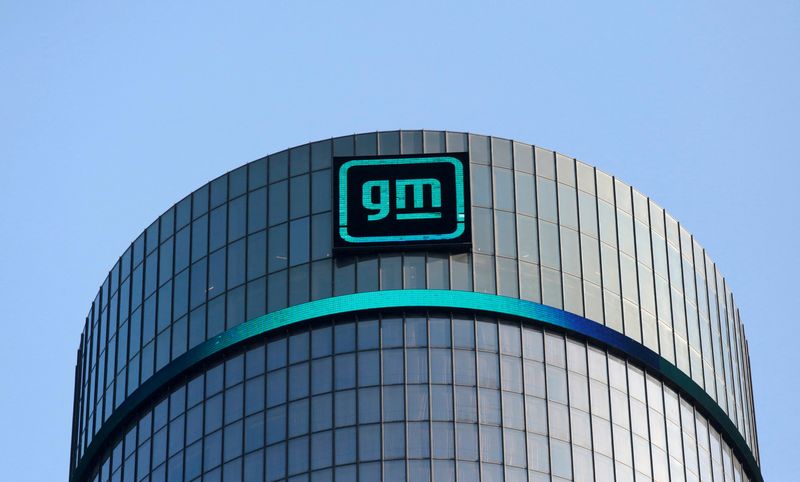SHANGHAI/BERLIN (Reuters) - Automakers including Volkswagen (ETR:VOWG_p) and General Motors could have considerable unused production capacity for conventionally powered vehicles in China by 2030 if they do not speed up their transition to electric vehicles (EV), Greenpeace said on Thursday.
As demand for new energy vehicles (NEV) - including fully electric and plug-in hybrid cars - grows, new NEV-only producers such as BYD will take market share and leave legacy automakers sitting on wasted production space geared toward unwanted internal combustion engine (ICE (NYSE:ICE)) cars, the organisation said.
Over-capacity in China's combustion engine car industry is a long-standing issue, with a ban in place by regulators since 2017 on the construction of new capacity.
By the end of 2021, China had total annual production capacity for 40.89 million passenger vehicles of all fuel types with a utilisation rate of 52.5%, showed data from the China Passenger Car Association.
Greenpeace estimated that if NEVs make up 40% of sales by 2030 - a conservative forecast considering 30% of sales this year so far were of NEVs - a third of ICE production capacity at 10 major automakers including Volkswagen AG (OTC:VWAGY), Toyota Motor (NYSE:TM) Corp and General Motors Co (NYSE:GM) could end up unused.
If the sales rate reaches 70%, the average unused capacity utilisation rate for ICE production would rise to two thirds, Greenpeace said, basing its estimates on public information about planned capacity and projected sales.
GM and Volkswagen will face the largest pressure with over 3 million units of idled capacity for ICE cars in China, presenting a major risk for those automakers, Greenpeace said.
Volkswagen, GM and Toyota said in statements to Reuters they were accelerating their EV strategies in China, with GM adding it would convert over half of its manufacturing footprint in the country to be EV-capable by 2030.
Volkswagen pointed to its rising sales in China and said it expects to profit from the country's growing demand for cars.
"We will speed up in electrification and digitalisation," a spokesperson said.

Greenpeace's study did not factor in possible plans by automakers to export cars from China to offset the production glut, a strategy some have already taken.
Chinese NEV makers including BYD Co (OTC:BYDDF) Ltd have outpaced foreign peers with EV models and followed Tesla (NASDAQ:TSLA) Inc's example with bold price cuts for best-selling cars this year, cannibalising sales of ICE vehicles as the price gap between the technologies narrows.